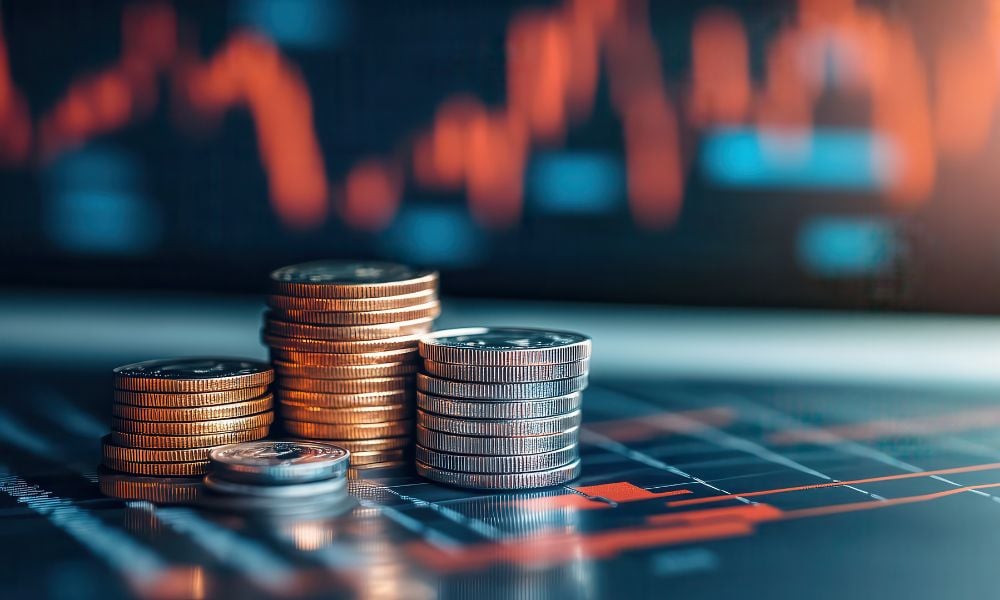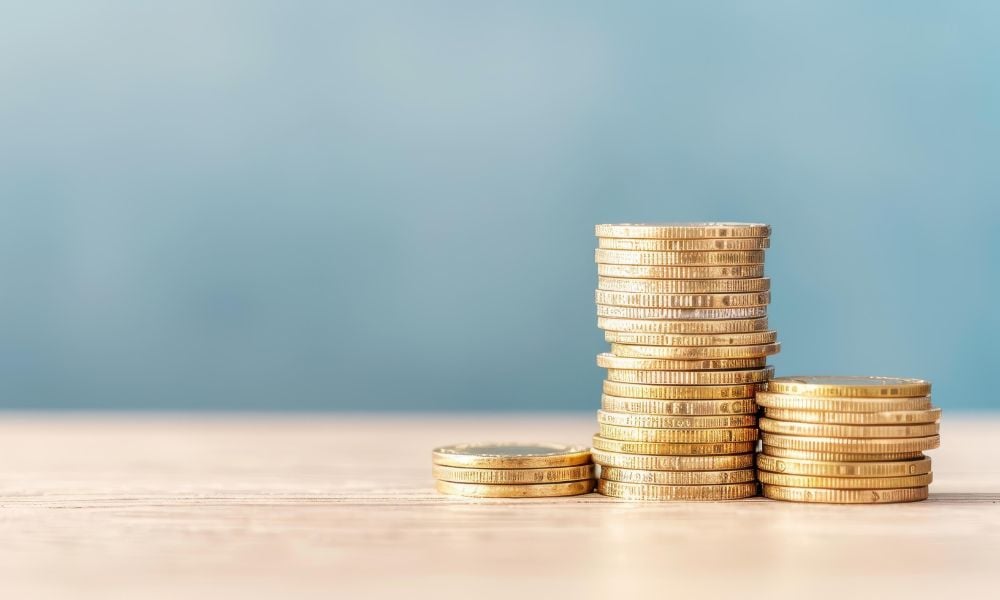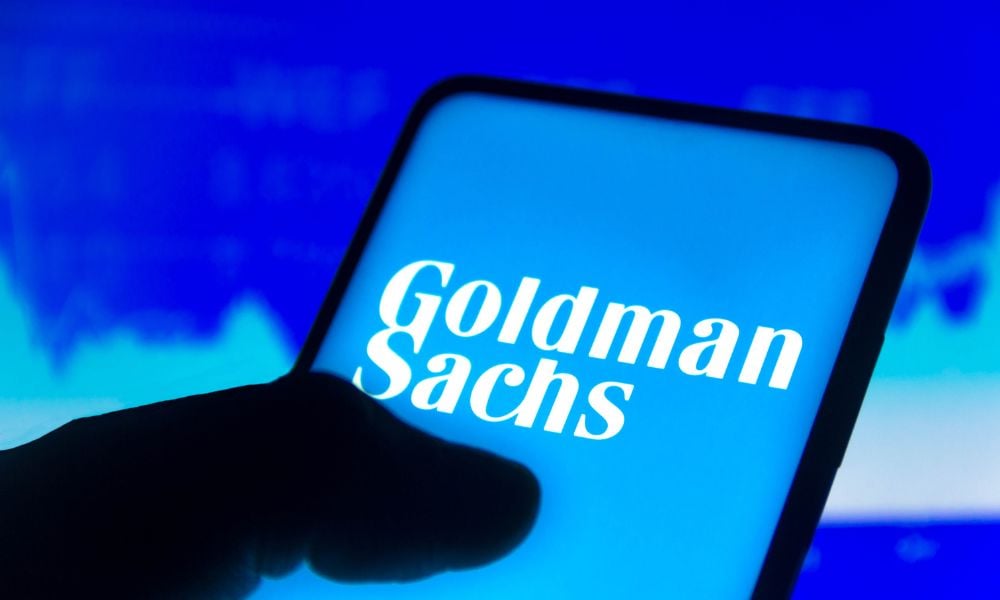NEI believes the American Jobs Plan will help create investment opportunities in an economy that is stronger, cleaner, more resilient and fair, and will highlight companies making strides for a greener future

At NEI Investments, President Joe Biden’s new infrastructure plan is an opportunity for investors to make money while also doing what’s right for the planet, and society as a whole.
Biden’s American Jobs Plan aims to improve infrastructure across the United States, while also improving climate and the social fabric of the U.S. But to NEI’s CIO John Bai and vice president of ESG Services David Rutherford, one of the key points in the plan is the tacit acknowledgement that capitalism isn’t fully functional.
“The U.S. right now doesn’t have a fully functioning capital system in the sense that capitalists in the U.S. are excluding big parts of their community, and that traditional capitalism should not be viewed as a zero-sum game,” said Bai.
The reality is, according to Bai, the more inclusive the economy can be, it “grows the pie.” So, if capital can be allowed to do its job and flow to all parts of society, then it promotes a fully inclusive economy.
“That’s really what the building blocks for this Joe Biden infrastructure plan is, it’s really not just how to build a greener infrastructure, but how do you build a more inclusive one,” he said, adding that, in the end, it is not enough to just be green and only benefit certain parts of the population.
Rutherford noted when NEI engages companies on environmental, social, and governance (ESG) factors, they do get it, at least on an intellectual level. They may not be clear on how to implement the multi-stakeholder model that Bai speaks of, but they’re smart enough to know where money is going.
“Companies are actually becoming easier to talk to about ESG considerations, but it’s at the policy level where you have divisions that can make it really difficult to move an agenda like Biden’s forward, because you have these entrenched camps that are on opposite sides of the fence,” said Rutherford.
Ultimately, capital allocators, according to Rutherford, understand that moving toward a greener, more energy efficient future will attract customers and investment capital.
Simply put, NEI is trying to do the right thing both for investors and other stakeholders, including employees, communities, customers, and the planet. “All of that comes along with it.”
Thinking this way he said, “has traditionally been something you do in alignment with your values, or because it’s a better investment process. But, I really like the idea of doing it because it’s the right thing to do, and it’s the right thing to do for so many stakeholders,” he said.
NEI’s ultimate position on the American Jobs Plan begins with the United States’ infrastructure problem. “Despite being the wealthiest country in the world, they rank 13th in quality of infrastructure in 2019,” said Bai.
He explained there are years of underdevelopment and underinvestment in the U.S., and it has left roads, bridges, and waterways in disrepair.
“Texas has really highlighted this. A cold weather snap caused over 5 million people to lose access to power, and that cold snap was responsible for over 100 deaths,” he said.
Finally, Bai noted the U.S. ranked 31st in the World Economic Forum’s 2020 Global Competitive Survey in terms of upgrades needed to accelerate the energy transition, and Canada ranked 23rd, behind other notable countries such as China, Poland and Brazil.
“I think the Joe Biden $2 trillion infrastructure plan really was put in place to address some of the more pressing environmental and social issues facing America, including energy infrastructure and healthcare infrastructure,” he said.
Rutherford noted these are infrastructure updates, both physical and social, are long overdue, noting it’s less like The New Deal in the 1930s and more like the building and advancements of the 1950s that “America just forgot.”
What’s interesting for Rutherford was how clear Biden was in regards to how the plan will be funded.
“By looking to corporations and insisting they pay more and pay their fair share of taxes, I think is not novel in the sense that that’s the way it used to be in the 1950s – tax rates on corporations were much higher then. But it’s definitely a switch from the way it’s been over the past 30 years when corporate taxes were going steadily downwards,” he explained.
Under this plan, corporations will have to look at themselves, and really understand why it is so important they pay their fair share, and to understand the infrastructure that they can take advantage of by paying their fair share in taxes, said Rutherford.
“It’s not like you’re putting it into a black hole. All of these projects are going to create a better workforce, it’s going to allow better transportation, cleaner transportation, more efficient transportation, and all of those ultimately benefit the operations of companies,” he said.
Rutherford said he hopes companies see it that way but noted many major companies haven’t had to pay federal taxes in the recent past, with Bai pointing companies like Amazon and Nike as examples.
“In order for us to create a sustainable growth model, we need to make sure that everyone’s doing the right thing, and paying their fair share,” said Bai.
There have been several critics of the American Jobs Plan, and Bai pointed out those are largely around the corporate tax rate.
“The fears around increasing the corporate tax rate is that the U.S. would become uncompetitive in terms of companies starting and staying in the United States, and their unwillingness to go there and pay their fair share,” he said. “Again, this goes down the narrative that big government is bad for the economy, and that light or no government is best for the economy.”
That economic model was championed in the 1980s, and it has evolved and generated growth for certain sections of the economy, he explained, but it left whole sections of the economy behind, such as the middle class, lower income, racial minorities, and more.
According to Bai, 2020 was a watershed year, and one of the things that people realized is that it is not just about how much money they made, but how they made it.
“They really wanted to know that they were investing in companies that were having a positive impact on society and the planet. They really wanted to be part of the solution, and not part of the problem,” said Bai.
People became good at sniffing out inauthentic displays of “going green,” said Bai, and it isn’t good enough to just say your company is going green, but they needed to prove it. What Biden’s plan does here isn’t just words, it actually is meaningful action and investments to start to address some of these issues, he said.
“The key takeaway for advisors is that there’s a strong support. If you look at the support from the average American for Biden’s plan, it’s well over the [Democrat] and [Republican] would suggest, it’s [approximately 60%], and I think it’s because investors really want to be part of the solution, not part of the problem,” he said.
One of the most powerful means for making change is through investing, and people are looking for different things from their investments today, said Rutherford, adding it has become very clear that those who choose to invest responsibly are doing so because they want to take active responsibility for helping make positive change.
“What this infrastructure plan does, is it introduces countless investment opportunities that not only can help them grow their portfolios on a financial basis, but can also help them deliver that positive impact that they want to make,” said Rutherford.
He added the message for advisors is the whole green shift introduces a wealth of new investment opportunities that will not only be exciting and meaningful, but will enrich the client conversation in a way that allows advisors to talk about the relative importance of wealth versus a livable planet. “Which is more important to you as an investor? Advisors need to be asking that question.”
A new suite of responsible investment products called impact investments are an interesting investment solution that meets this need. Impact investments are “investments made with the intention to generate positive social and environmental impact alongside of a financial return” according to the Global Impact Investment Network. Traditionally, investors have optimized portfolios along two dimensions, risk and return. “It is now possible to add a third dimension to your portfolio, real world impact” said Bai. “and increasingly investors are choosing portfolios with impact”.
In the end, Bai and Rutherford both agreed that advisors need to wrap their heads around the fact people want to be part of the solution, not a part of the problem, and that as advisors, they are uniquely positioned to facilitate that demand from their clients.



